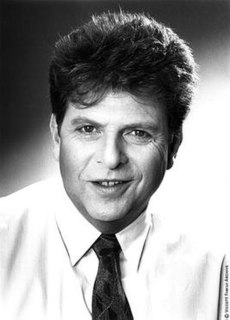A Quote by George Polya
Euclid 's manner of exposition, progressing relentlessly from the data to the unknown and from the hypothesis to the conclusion, is perfect for checking the argument in detail but far from being perfect for making understandable the main line of the argument.
Related Quotes
The terminology of philosophical art is coercive: arguments are powerful and best when they are knockdown, arguments force you to a conclusion, if you believe the premisses you have to or must believe the conclusion, some arguments do not carry much punch, and so forth. A philosophical argument is an attempt to get someone to believe something, whether he wants to beleive it or not. A successful philosophical argument, a strong argument, forces someone to a belief.
The usefulness of religion - the fact that it gives life meaning, that it makes people feel good - is not an argument for the truth of any religious doctrine. It's not an argument that it's reasonable to believe that Jesus really was born of a virgin or that the Bible is the perfect word of the creator of the universe.
The argument for collectivism is simple if false; it is an immediate emotional argument. The argument for individualism is subtle and sophisticated; it is an indirect rational argument. And the emotional faculties are more highly developed in most men than the rational, paradoxically or especially even in those who regard themselves as intellectuals.
If we're not there making the argument then the cultural gulf that Republicans try to exploit saying, "Ah, these city slickers: they're all looking down on you, they don't care about you. They're just trying to help out their various special interest constituencies," that argument ends up being successful.
It is commonly said that if rational argument is so seldom the cause of conviction, philosophical apologists must largely be wasting their shot. The premise is true, but the conclusion does not follow. For though argument does not create conviction, the lack of it destroys belief. What seems to be proved may not be embraced; but what no one shows the ability to defend is quickly abandoned. Rational argument does not create belief, but it maintains a climate in which belief may flourish.






































